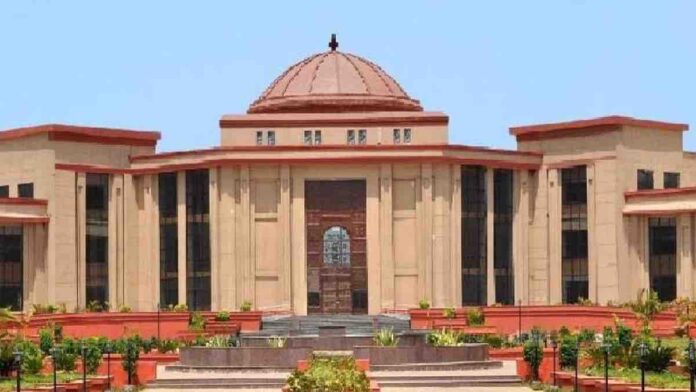In a significant ruling, the Chhattisgarh High Court emphasized the requirement to re-examine witnesses if charges are amended during an ongoing trial. The judgment came in the case Deepak Verma v. State of Chhattisgarh (CRA No. 392 of 2021), where the appellant, Deepak Verma, challenged his conviction under Section 376AB of the Indian Penal Code
To Read More Please Subscribe to VIP Membership for Unlimited Access to All the Articles, Download Available Copies of Judgments/Order, Acess to Central/State Bare Acts, Advertisement Free Content, Access to More than 4000 Legal Drafts( Readymade Editable Formats of Suits, Petitions, Writs, Legal Notices, Divorce Petitions, 138 Notices, Bail Applications etc.) in Hindi and English.




